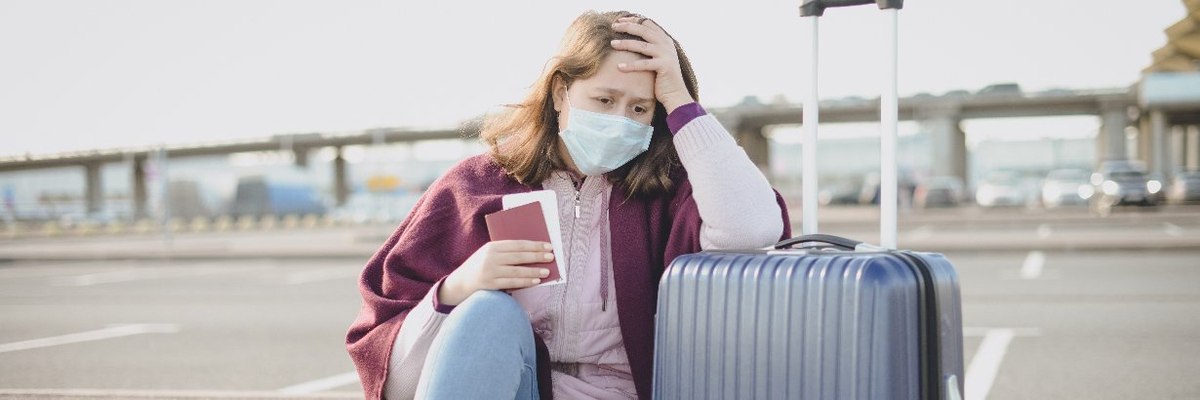Fewer than a third of people in Britain, France, Germany, Denmark and Sweden would still continue with their holiday plans if they had to quarantine on their return
British holidaymakers were caught by surprise two weeks ago when it was announced that Britons holidaying in Spain will need to quarantine for two weeks on their return.
With the travel industry already reeling, new YouGov Eurotrack polling conducted in Britain, Germany, France, Denmark and Sweden uncovers the impact COVID-19 restrictions have on people’s holiday plans. The results shown are as a % of people in each country who ever travel abroad – i.e. those who the travel industry might consider to be their customer base.
While having to quarantine upon your return from holiday would cause most people who ever travel abroad to cancel their plans (65-84%), having to do so upon arrival at your destination is even more off-putting. Nine in ten travellers in Britain, Germany, Denmark and Sweden would either ‘probably’ or ‘definitely’ cancel their plans if they had to quarantine when they got there, as would 76% in France.
Being told by the government that they shouldn’t travel to a particular country – even if there was not an outright ban – would also be enough to dissuade most people from travelling there. Eight in ten holidaygoers (80%-85%) in Denmark, Sweden and Britain would cancel if their government advised against it, as well as almost three quarters in Germany (74%) and 70% in France.
The measure least likely to trouble potential tourists would be having to wear a mask in places like shops and hotels at their destination. Nevertheless, this would still put off most tourists from Denmark (61%), Sweden (65%) and Germany (51%) as well as four in ten Britons (43%) and a quarter of French travellers (26%).
French holidaymakers are consistently least likely to cancel, while the Danes and the Swedes are the mostly likely to do so.







